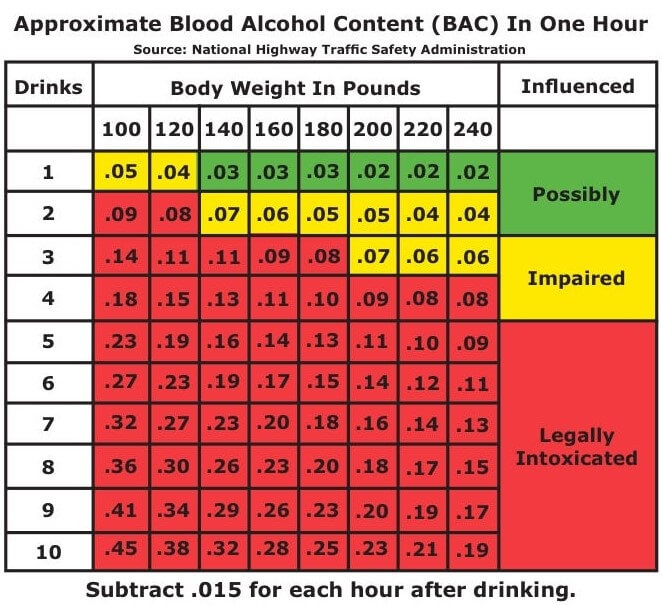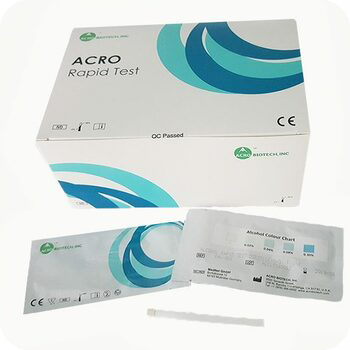“How long alcohol stays in blood?” It’s a thought many might have after indulging in a drink during dinner or while socializing. Knowledge about the duration alcohol lingers in our system is imperative, not only for maintaining health but also to prevent inadvertent actions like driving or executing tasks while impaired.
This piece will shed light on the span of alcohol’s stay in our bloodstream, the elements affecting it, and the methods to gauge its presence.
You may read alcohol test kit to learn more about detecting alcohol in blood and let’s dive in to topic how long alcohol stays in blood.
Grasping Blood Alcohol Concentration (BAC)

To understand the topic how long alcohol stays in blood, you must know the BAC term. It refers to Blood Alcohol Concentration, is a standardized metric that reflects the quantity of alcohol circulating in one’s blood. As you drink, alcohol permeates your bloodstream, and the concentration can be quantified by extracting and examining a blood sample. A surge in BAC typically leads to compromised mental clarity and motor skills, making activities like driving perilous.
Contrary to the popular belief that alcohol affects everyone uniformly, the duration it remains in the blood varies vastly among individuals. The reasons for these variations are manifold:
The Role of Metabolism in Breaking Down Alcohol
Metabolism is the intricate network of chemical reactions vital for maintaining life within our cells. Its influence extends to how we handle alcohol. In essence, one’s metabolic pace dictates how efficiently alcohol is processed and eliminated.
For some, a naturally brisk metabolism, owing to genetics or other aspects, ensures a swifter breakdown of alcohol. Consequently, two people might drink the same amount, yet their body’s retention and processing of the alcohol could vary dramatically.
Weight, Body Fat, and Alcohol Retention
Our body composition, particularly the ratio of fat to muscle, significantly affects how we retain and process alcohol. As alcohol is water-soluble and not fat-soluble, those with higher body fat percentages might find that alcohol stays in their system longer.
This is because fat cannot absorb alcohol, leaving it to remain in the bloodstream for extended periods. Conversely, muscle tissue, which contains more water, can absorb alcohol more effectively, leading to quicker processing.
The Gender Factor in Alcohol Absorption

The answer to question “How long alcohol stays in blood” depends on the gender. Gender differences in alcohol metabolism have been a topic of research for many years. Findings indicate that women might metabolize alcohol differently than men.
This isn’t merely about body size or composition; hormonal fluctuations and the presence of certain stomach enzymes can cause women to absorb and metabolize alcohol differently. Consequently, even with equivalent alcohol consumption, women may have a higher blood alcohol concentration than men, potentially leading to longer retention.
How Food Intake Influences Alcohol Absorption
The next point for the question “how long alcohol stays in blood” is the food intake. What and when you eat plays a pivotal role in alcohol absorption. Consuming alcohol on an empty stomach can expedite its absorption, leading to quicker intoxication and a higher blood alcohol concentration.
In contrast, consuming alcohol after or during a meal, especially a high-fat one, can slow down its absorption. The food essentially acts as a buffer, reducing the rate at which alcohol moves from the stomach to the small intestine, where it’s absorbed much faster.
Medications and Their Impact on Alcohol Metabolism
Another important point in how long alcohol stays in blood is the medicine that you take. Many medications, be it prescription or over-the-counter, can interact with alcohol, altering its effects on the body. Some drugs might inhibit the enzymes responsible for breaking down alcohol, leading to increased blood alcohol levels and prolonged effects of intoxication.
While we have average benchmarks, estimating the precise duration of alcohol in the blood can be complex due to the numerous factors mentioned above. On a general note, the liver can metabolize roughly one standard drink per hour.
However, individual variations can make this faster or slower. Understanding one’s body and being aware of the influencing factors is essential for safety and responsible alcohol consumption and you may estimate how long alcohol stays in blood.
The Importance of Knowing How Long Alcohol Stays in Blood

Once consumed, alcohol can show up in the blood within 30 minutes to 2 hours. But, as a rule of thumb, and considering the myriad of factors at play, it’s always best to be cautious and assume alcohol may remain in your system longer than you might expect.
Understanding how long alcohol stays in blood isn’t just a matter of curiosity; it’s about safety, responsibility, and legality. Driving or operating heavy machinery under the influence isn’t only dangerous but can lead to severe legal consequences.
Knowing how long alcohol stays in the blood is essential for personal and public safety. If businesses want to ensure a safe working environment and promote responsibility, regular testing might be a viable solution.
Ideal Nauticare offers top-tier alcohol test kits perfect for companies aiming to create a safer environment for their employees. If you’re interested in prioritizing safety and responsibility in your workplace, do not hesitate. Contact us or WhatsApp us to make workplaces safer and more responsible.



